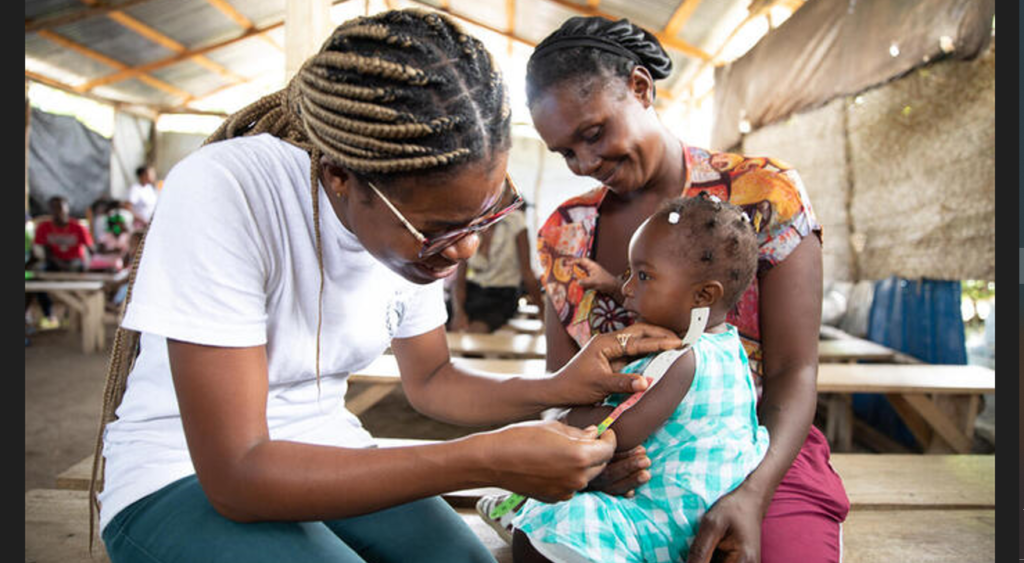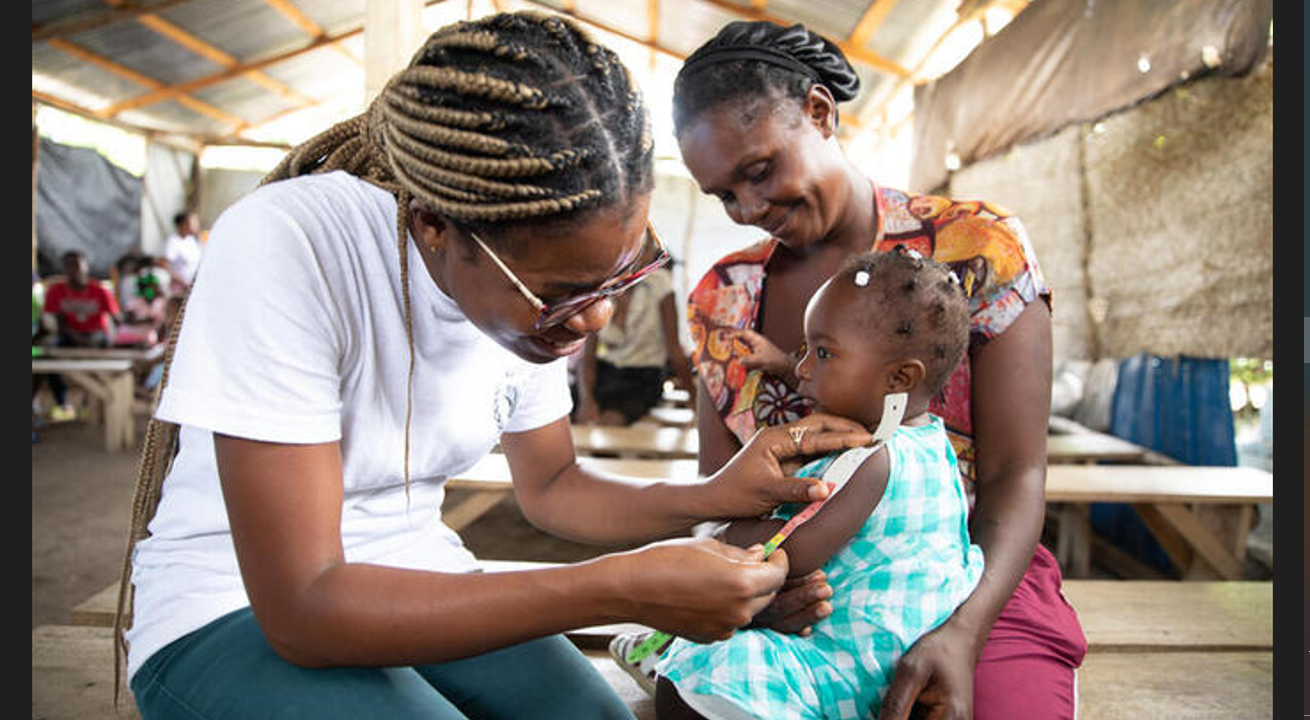PORT-AU-PRINCE — In Haiti, where almost half the population is already food insecure, hunger is set to rise amidst increasing inflation, high costs of food and fuel and deteriorating security, warns the United Nations World Food Program (WFP). As criminal groups block roads, WFP continues to provide assistance to vulnerable Haitians and supports the humanitarian community with vital air and sea transport.
Insecurity in and around Port-au-Prince has been drastically worsening since early May, disrupting nation-wide supply chains, access to basic services like markets, schools and hospitals and livelihoods of Haitians across the country. The violence is causing a serious protection crisis and making it harder for people to access and afford food.

This comes against the backdrop of the global food crisis where rising costs linked to the conflict in Ukraine are compounding woes. Haiti is already seeing staggering inflation to the tune of 26 percent. The island nation is particularly vulnerable to shocks in the global food and fuel markets as it imports 70 percent of its cereals. On top of these challenges, the ongoing Atlantic Hurricane season is expected to be more active than normal putting at risk lives and livelihoods of vulnerable Haitians.
“Large parts of the population have been cut off from the economic heart of the country. This comes at a time when Haiti is already dealing with the effects of COVID-19, recent natural disasters, high inflation, and rising costs as a ripple effect of the conflict in Ukraine,” said Jean-Martin Bauer, WFP Country Director in Haiti. “We are seeing hunger rise significantly in the capital and south of the country, with Port-au-Prince being the hardest hit.”
The highly volatile security situation is putting at risk critical humanitarian operations that many vulnerable Haitians rely on. The complete blockage of the road leading to the southern peninsula, for a year now, has cut off 3.8 million people living in the southern departments from Port-au-Prince. The exit to the north from the capital has also recently been affected.
WFP is using maritime routes as an alternate to send aid to both the southern and northern parts of the country. The WFP-led, United Nations Humanitarian Air Service (UNHAS) continues to transport frontline workers and light cargo. Over the past year, UNHAS has seen a dramatic increase in demand due to the earthquake response in August last year and the increasingly volatile security situation.
“The only safe option for humanitarians to move is by air, and without adequate funding, UNHAS faces imminent closure by the end of July 2022. Ultimately, this puts not only WFP’s assistance but humanitarian operations across the country at risk,” Bauer said.
Despite constraints, WFP in Haiti has been supporting the Government with humanitarian and development assistance to address the root causes of hunger and is planning to assist 1.7 million people in 2022. WFP is reinforcing the resilience of Haitians and strengthening social protection and food systems.
For the next six months, WFP faces a funding shortfall of $39 million for its response in Haiti.
WFP’s operations in Haiti have received funding in 2022 from Canada, European Commission, France, Germany, Switzerland, the United States, and UN CERF.

